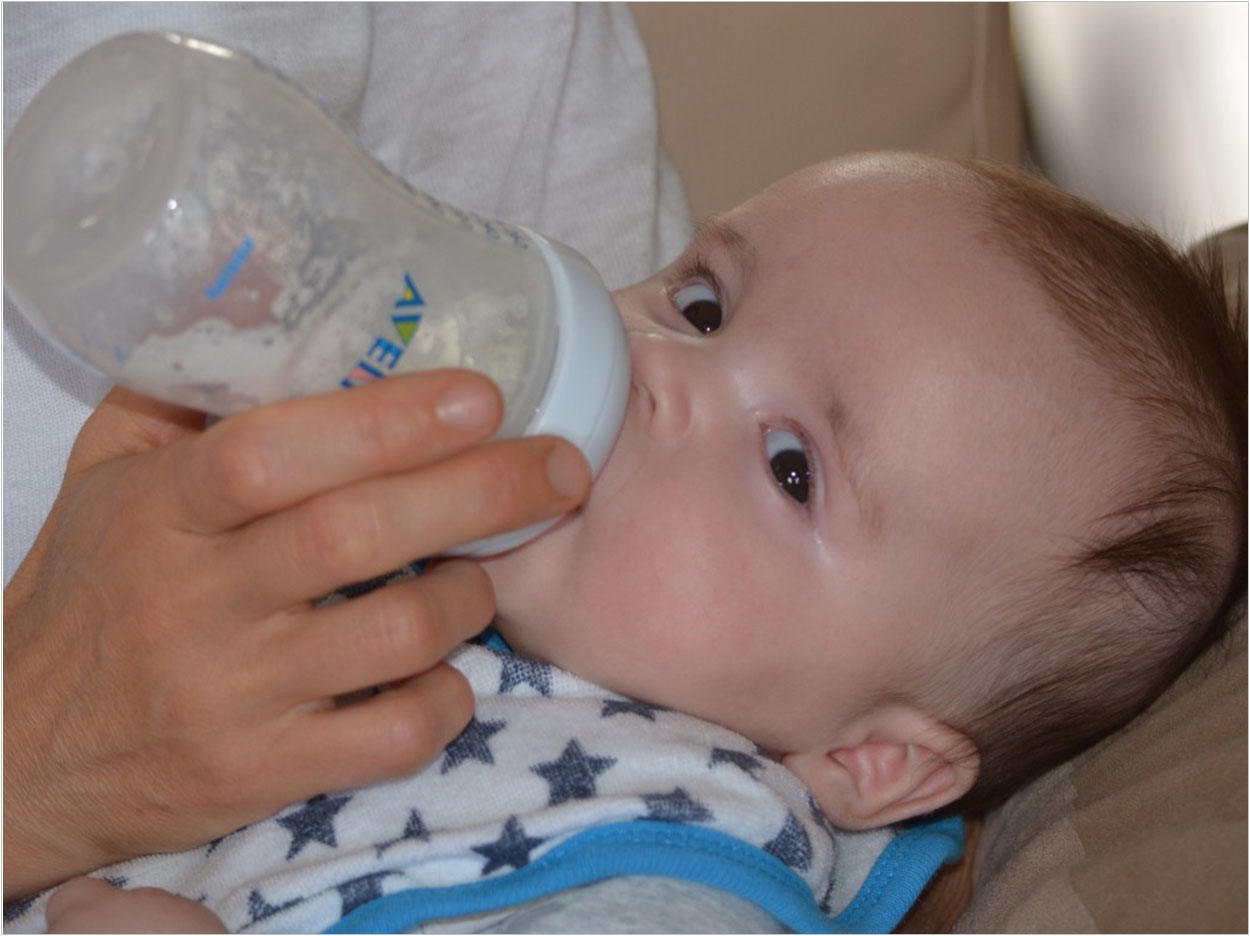
The American Academy of Pediatric Dentistry (AAPD) has joined a coalition of medical and nutritional organizations promoting new comprehensive beverage recommendations for children age five and under.
“Choosing drinks wisely for your child is crucial to good oral health. That’s why we talk about it during the age-one dental visit,” said AAPD president Kevin Donly, DDS. “A child with a healthy smile can eat, speak, play, and learn more easily that a child suffering from tooth decay.”
The recommendations caution against beverages that are the sources of added sugars including flavored milks and sugar-sweetened and low-calorie beverages, in addition to beverages that target children such as toddler formulas, caffeinated beverages, and plant-based and non-dairy milks that provide no unique nutritional value.
“Early childhood is an important time to start shaping nutrition habits and promoting healthy beverage consumption,” said Megan Lott, MPH, RD, deputy director of Healthy Eating Research (HER), which convened the expert panel.
“By providing caregivers, healthcare and early care and education providers, policymakers, and beverage industry representatives a clear set of objective, science-based recommendations for healthy drink consumption, we can use this opportunity to work together and improve the health and well-being of infants and young children throughout the United States,” said Lott.
With funding from the Robert Wood Johnson Foundation, HER assembled the collaboration, which included the AAPD as well as the Academy of Nutrition and Dietetics, the American Academy of Pediatrics, and the American Heart Association.
“From the time children are born through those first few years, beverages are a significant source of calories and nutrients and can have a big impact on health long into the future,” said Richard Besser, MD, president and CEO of the Robert Wood Johnson Foundation.
“Families deserve clear and consistent guidance on what their young children should drink and what they should avoid. These recommendations from our country’s leading medical and nutrition organizations will help families raise healthy children,” said Besser.
The recommendations are intended for healthy children in the United States and do not address medical situations in which specific guidance is needed to manage a health condition or specific dietary choices such as abstaining from animal products.
According to the recommendations, babies six months of age and younger only need breast milk or infant formula to get enough fluids and proper nutrition.
Babies between six and 12 months should drink a small amount of water such as a few sips at mealtimes in addition to breast milk or formula once solid foods are introduced to help introduce them to the taste. Children under the age of one year, the recommendations say, should not drink fruit juice. Even 100% fruit juice offers no nutritional benefits over whole fruit.
Between 12 and 24 months, whole milk, which has many essential nutrients, can be added to the child’s diet along with water for hydration. A small amount of juice is acceptable, but it should be 100% fruit juice to avoid added sugar. However, the coalition notes that small pieces of real fruit is even healthier than juice.
From two to five years, milk and water are recommended, particularly skim, low-fat, or non-fat milk. Also, 100% fruit juice is acceptable in small amounts, and it can be diluted with water.
“As a pediatrician, I know what a child drinks can be almost as important as what they eat, in terms of a healthy diet. This is especially true for very young children,” said Natalie Muth, MD, who represented the American Academy of Pediatrics on the panel.
“We know that children learn what flavors they prefer at a very early age, as young as nine months, and these preferences can last through childhood and adulthood. That’s why it’s important to set them on a healthy course, and this guide will help parents and caregivers do that,” Muth said.
To develop the recommendations, HER conducted an extensive review of scientific literature, existing guidelines from national and international bodies, and reports on early childhood beverage consumption.
The expert panel of representatives from the member groups as well as a scientific advisory committee then discussed and reviewed the preliminary and final recommendations. Panelists and committee members were experts in pediatrics, early childhood nutrition, dentistry, and dietary and nutrition guidance.
“Choosing healthful beverages for children is just as important as choosing healthful foods,” said registered dietitian nutritionist Terri J. Raymond, president of the Academy of Nutrition and Dietetics.
“These consensus recommendations provide a strong base for registered dietitian nutritionists and healthcare practitioners to help educate children and parents alike and create examples of healthy dietary patterns for children ages zero to five in order to support optimal physical and cognitive growth and development as well as overall health,” said Raymond.
Related Articles
Review Highlights Strategies for Reducing Sugary Beverage Consumption
99% of Toddlers Consume Too Much Added Sugar
AAP and AHA Now Support Taxes on Sugary Beverages












